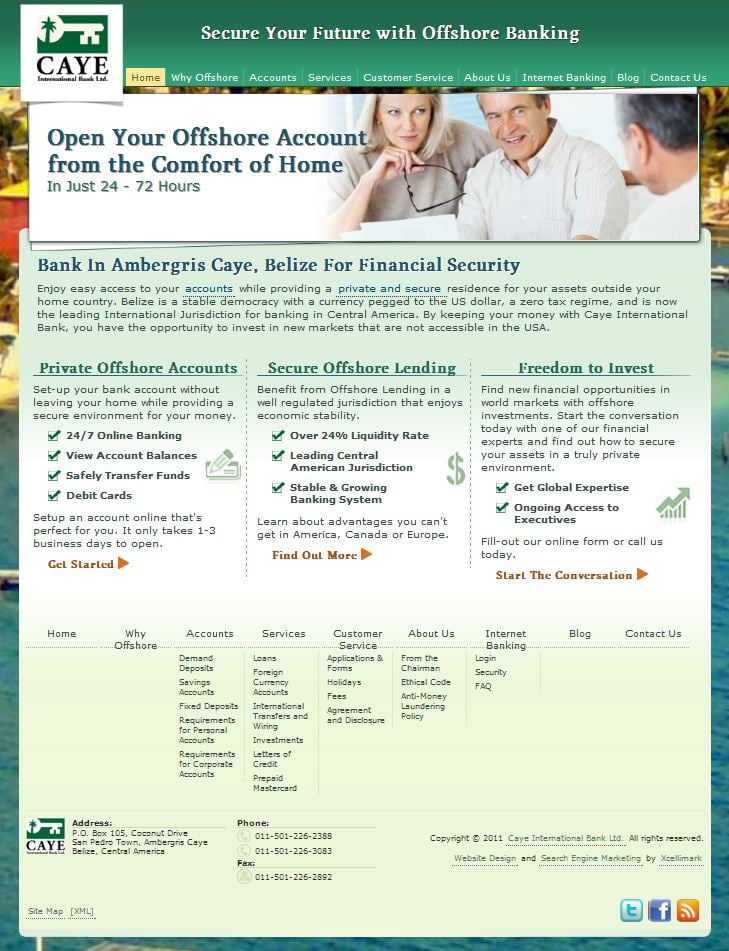Offshore Company Formation: Structure Your Organization Past Boundaries
Strategies for Cost-Effective Offshore Business Formation
When taking into consideration overseas firm formation, the mission for cost-effectiveness ends up being a critical problem for businesses looking for to expand their operations globally. In a landscape where financial prudence preponderates, the strategies utilized in structuring offshore entities can make all the distinction in achieving financial efficiency and functional success. From browsing the complexities of territory option to carrying out tax-efficient frameworks, the trip in the direction of developing an offshore visibility is rife with opportunities and challenges. By exploring nuanced methods that mix legal conformity, financial optimization, and technical advancements, organizations can start a course in the direction of overseas company formation that is both financially sensible and purposefully sound.
Picking the Right Jurisdiction
When developing an offshore business, picking the proper territory is a crucial choice that can substantially impact the success and cost-effectiveness of the formation process. The jurisdiction picked will determine the regulative structure within which the firm runs, influencing taxes, reporting demands, personal privacy laws, and general service versatility.
When picking a territory for your overseas company, numerous factors should be taken into consideration to make certain the choice straightens with your tactical objectives. One important aspect is the tax obligation regime of the territory, as it can have a significant influence on the company's productivity. Additionally, the level of regulatory conformity needed, the political and financial stability of the territory, and the simplicity of working needs to all be evaluated.

Moreover, the track record of the jurisdiction in the global service area is crucial, as it can affect the assumption of your firm by clients, companions, and banks - offshore company formation. By thoroughly analyzing these aspects and looking for professional suggestions, you can pick the ideal jurisdiction for your offshore company that maximizes cost-effectiveness and supports your service objectives

Structuring Your Firm Efficiently
To guarantee optimum effectiveness in structuring your offshore company, thorough interest must be given to the organizational framework. The very first step is to specify the firm's ownership structure plainly. This consists of identifying the police officers, supervisors, and shareholders, along with their responsibilities and functions. By developing a clear ownership structure, you can guarantee smooth decision-making processes and clear lines of authority within the company.
Following, it is important to consider the tax implications of the chosen structure. Different territories offer differing tax advantages and incentives for overseas firms. By thoroughly evaluating the tax obligation regulations and laws of the selected jurisdiction, you can maximize your business's tax effectiveness and decrease unneeded costs.
Moreover, maintaining proper documentation and records is important for the efficient structuring of your offshore business. By keeping precise and updated records of monetary deals, company choices, and conformity papers, you can make sure openness and accountability within the company. This not only promotes smooth operations yet also aids in demonstrating compliance with regulative demands.
Leveraging Technology for Cost Savings
Reliable structuring of your overseas business not just pivots on thorough interest to organizational structures however additionally on leveraging innovation for cost savings. One means to leverage technology for financial savings in offshore business formation is by utilizing cloud-based services for check my blog data storage space and cooperation. By integrating modern technology tactically right into your overseas company formation procedure, you can attain substantial financial savings while improving operational performance.
Lessening Tax Obligation Liabilities
Making use of tactical tax planning techniques can effectively minimize the monetary worry of tax obligations for overseas companies. In addition, taking benefit of tax obligation motivations and exemptions used by the jurisdiction where the overseas company is signed up can result in significant savings.
One more approach to minimizing tax obligation liabilities is by structuring the overseas firm in a tax-efficient manner - offshore company formation. This includes meticulously designing the possession and functional framework to enhance tax benefits. Setting up a holding firm in a territory with desirable home tax obligation regulations can assist lessen and combine revenues tax exposure.
Furthermore, staying updated on global tax obligation guidelines and conformity requirements is vital for reducing tax responsibilities. By making certain rigorous adherence to tax laws and guidelines, offshore companies can prevent expensive fines and tax obligation conflicts. Seeking professional recommendations from tax specialists or lawful specialists concentrated on global tax obligation issues can also offer beneficial insights into effective tax planning techniques.
Ensuring Compliance and Danger Mitigation
Carrying out durable conformity steps is necessary for overseas business to minimize dangers and maintain regulative adherence. Offshore territories often encounter raised scrutiny due to issues relating to money laundering, tax evasion, and various other financial crimes. To ensure conformity and minimize dangers, offshore companies need to perform detailed due persistance on customers and service companions to stop involvement in illegal tasks. In addition, applying Know Your Consumer (KYC) and Anti-Money Laundering (AML) treatments can assist validate the authenticity of transactions and protect the firm's credibility. Normal audits and testimonials of economic documents are essential to recognize any advice kind of abnormalities or non-compliance issues quickly.
Furthermore, remaining abreast of transforming guidelines and legal needs is vital for overseas companies to adapt their conformity methods appropriately. Engaging legal experts or compliance professionals can provide beneficial assistance on navigating intricate governing landscapes and guaranteeing adherence to global requirements. By prioritizing conformity and risk reduction, overseas companies can boost transparency, construct depend on with stakeholders, and secure their operations from potential legal consequences.
Conclusion

Utilizing calculated tax planning strategies can successfully reduce the financial burden of tax obligation responsibilities for offshore firms. By distributing profits to entities in low-tax territories, overseas business can lawfully decrease their general tax obligation obligations. Furthermore, taking benefit of tax rewards and exceptions offered by the jurisdiction where the offshore firm is registered can result in substantial financial savings.
By making certain strict adherence to tax regulations and regulations, overseas business can stay clear of pricey charges and tax obligation disagreements.In verdict, economical overseas firm development requires cautious factor to consider of territory, efficient structuring, technology usage, tax minimization, and compliance.